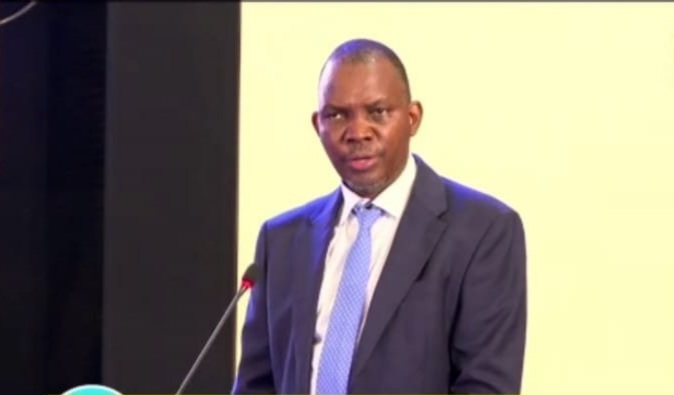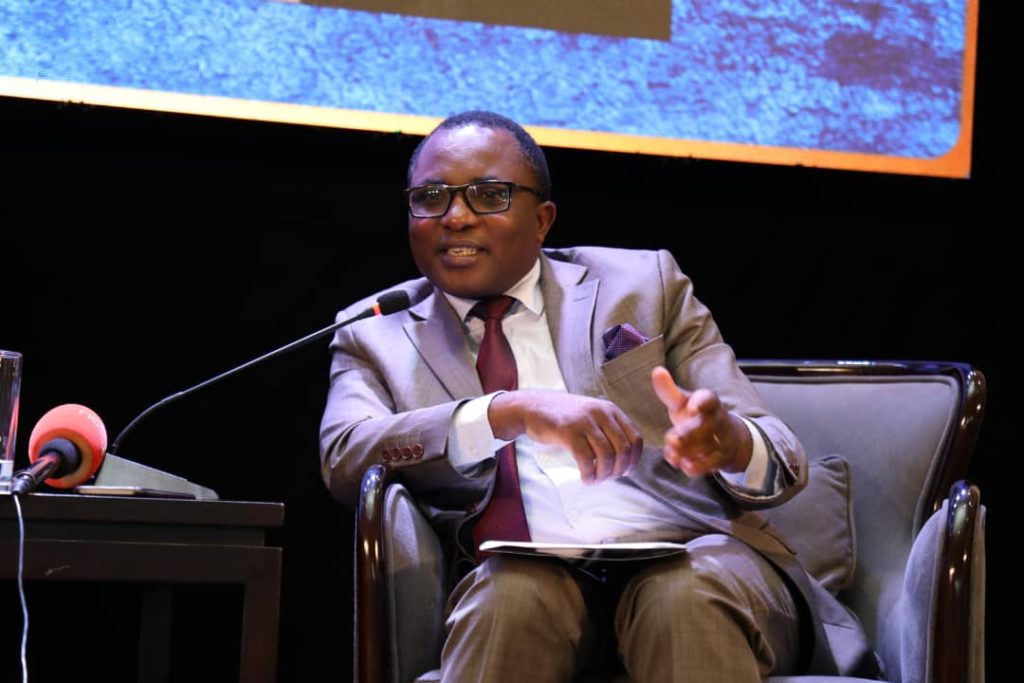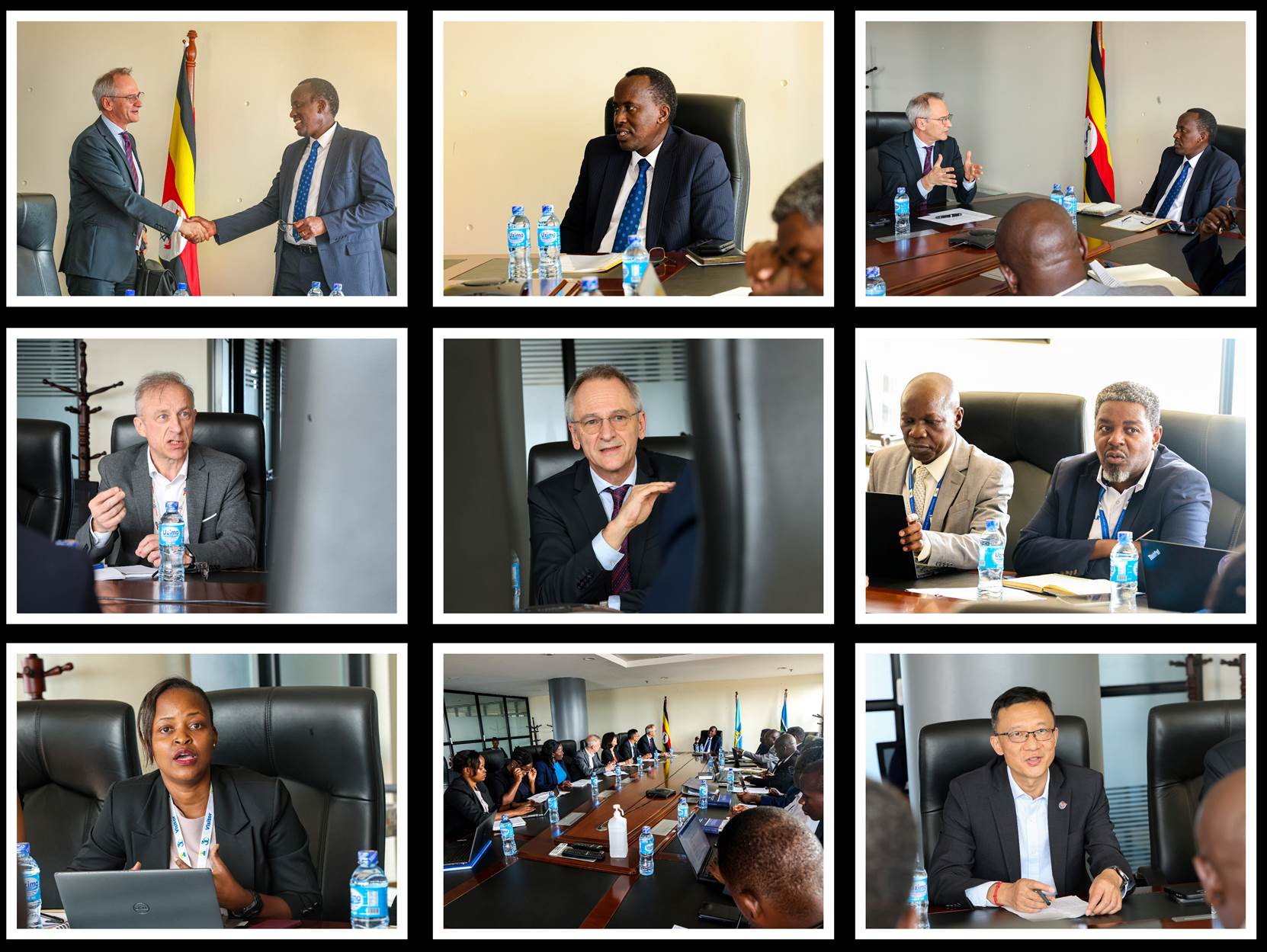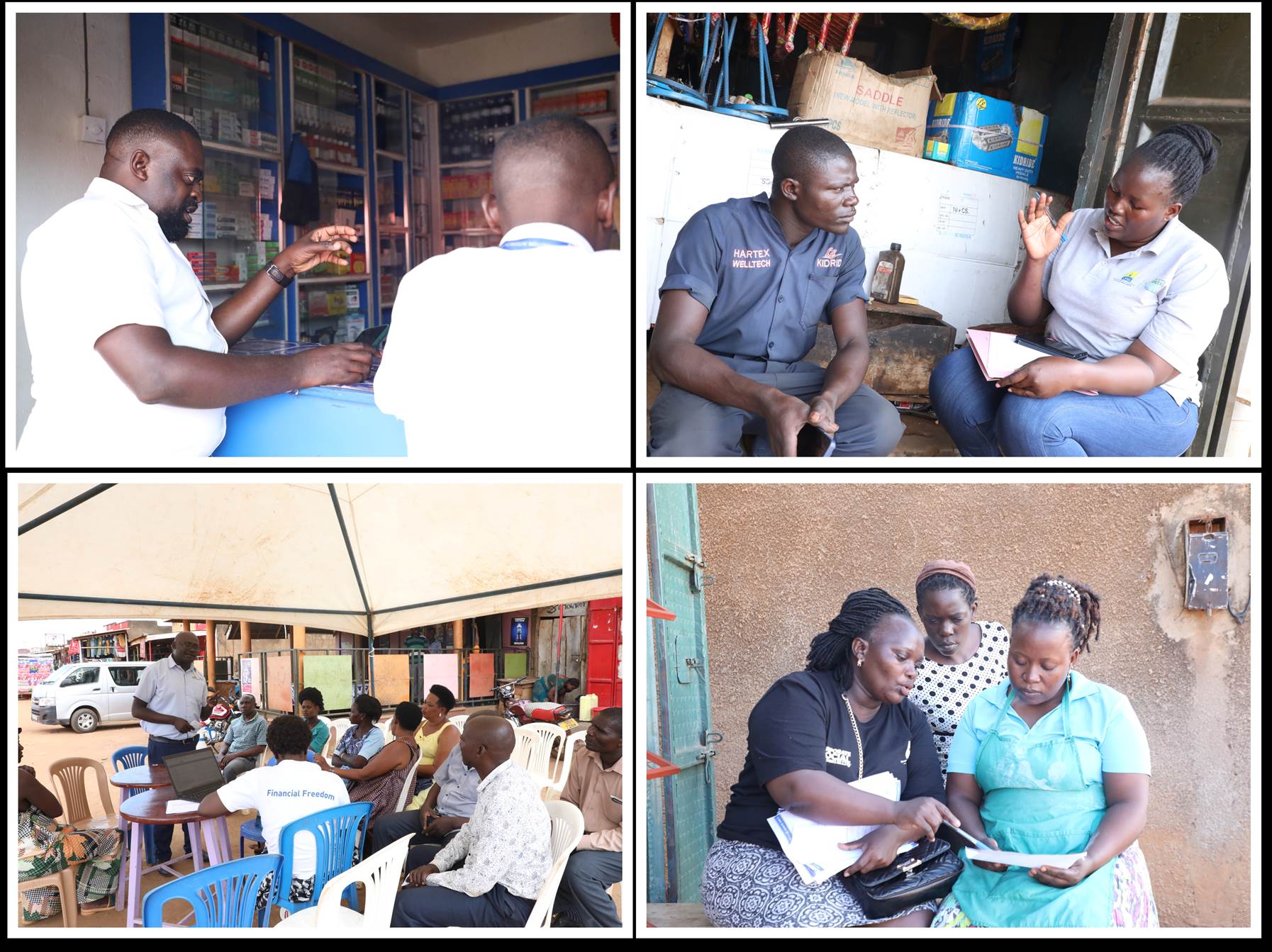BY FLORENCE NAMUGANZA
The 51% of Ugandans who constitute the informal sector of Uganda’s economy can no longer be regarded as merely complementary. Neither should their activities be viewed as peripheral to Uganda’s development aspirations.
The sector accounts for a significant number of the country’s workforce and investment resources. This reality has compelled the government to devise means to include the sector in the Domestic Revenue Mobilisation Strategy (DRMS). The hinge is easing the formalisation process for businesses.
Development partners and stakeholders like financial institutions play a pivotal role in revenue mobilisation as both taxpayers and platforms through which the wider public pays taxes.
During the 6th URA Annual Bankers Conference held at Mestil Hotel last Friday, Moses Kaggwa the Ag. Director Economic Affairs at the Ministry of Finance Planning and Economic Development said that the banks should positively influence the ability of the Government to raise more tax revenue since they deal directly with financing players in the sector.
He added that most banks collect taxes like Withholding Tax on behalf of the government and should be able to disclose the taxes so that government can gather information to address the informal sector challenge.
“Most of the small and micro businesses exist outside the scope of the tax system and the regulatory frameworks. It is practical to tax complements to a business activity if it is difficult to tax the business itself and the banking sector should allow the Government to be able to operationalize that,” said Kaggwa.

Kaggwa added that the formalisation of business will go a long way in offsetting business growth which will ultimately lead to economic growth due to increased productivity.
The Chief Membership Officer of the Private Sector Foundation Uganda, Francis Kisirinya urged commercial banks to prioritise financial assistance for entrepreneurs in associations as one way of encouraging formalisation. He emphasised that this does not only encourage order in doing business but also reduces informality because associations require the registration of members.

The unchecked informal sector undermines the revenue potential of the country because businesses in the category are not easily traceable since their operations are informal and as such, not registered for taxes.
URA’s Commissioner General, John Rujoki Musinguzi said that Uganda is currently running on a Tax to GDP ratio of 13%, a figure below the average 16% Tax to GDP ratio for countries in the Sub- Saharan region. He described this as too low for the country to finance her expenditure and called for all eligible Ugandans to pay their fair share of tax.
“Currently, we are funding 47% of the national budget leaving us to borrow the remaining 53%. Research has shown that for Uganda to fully fund its national expenditure, we need to at least double our Tax-to-GDP ratio to 26%”, said Musinguzi.

Musinguzi also highlighted that the authority is helping businesses to easily register for taxes so that they can fulfil their obligations. He said URA has eased processes, for instance, individual taxpayers can now get Tax Identification Numbers instantly as opposed to the 2-3 days previously.










